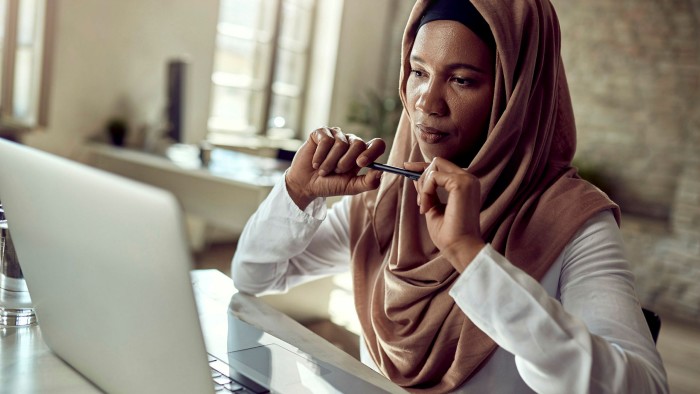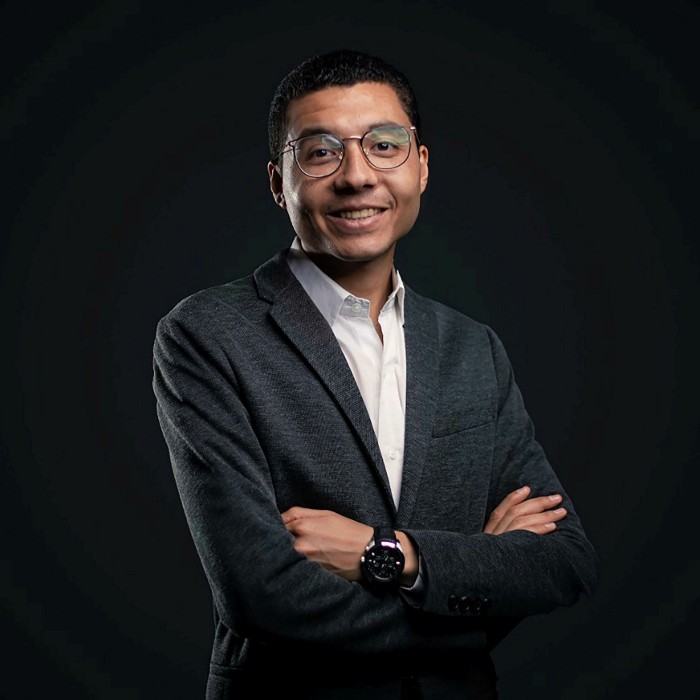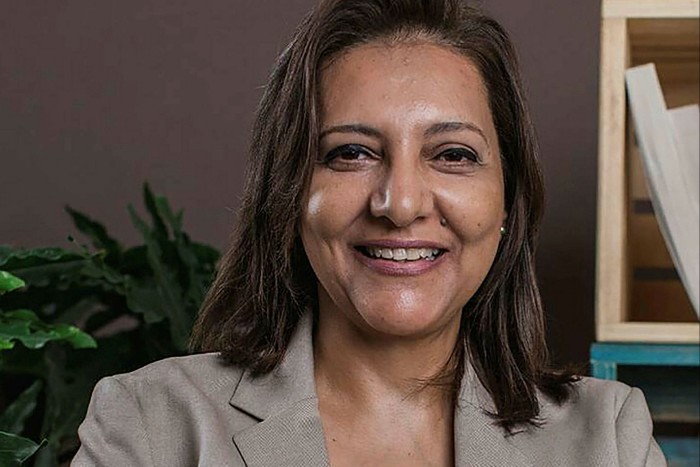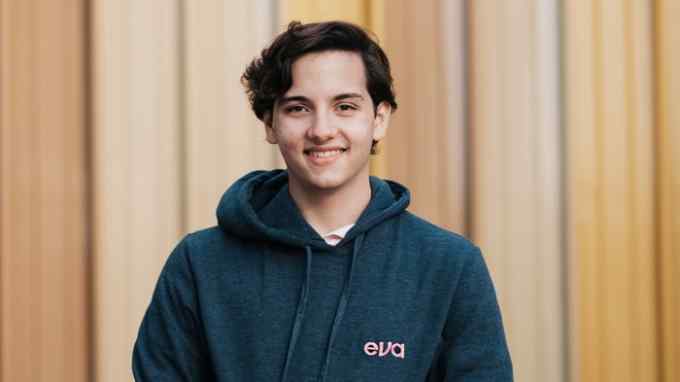Online therapy start-up aims to reduce stigma of mental health in Middle East

Roula Khalaf, Editor of the FT, selects her favourite stories in this weekly newsletter.
It was a fall from horseback during a tour around the Giza pyramids in 2014 that resulted in easier access to mental health therapy across the Arab world.
According to Mohamed Alaa, the idea for online platform Shezlong was born after his friend Ahmed Abu Elhaz injured a hand in the fall. Told he may lose the use of it, Abu Elhaz lost his job and fell into depression.
After encountering difficulties in obtaining mental health support, Abu Elhaz co-created an online platform to match patients with therapists. He has since left the company, though it continues under the leadership of chief executive Alaa, who says it has filled an important niche in a country where seeking mental health assistance can carry a stigma.
Shezlong now has 120,000 users in 85 countries that it links with 350 therapists. “We mainly serve Arabic speakers, but we want to start expanding to other languages,” Alaa says. Users answer a brief online questionnaire and can choose from a list of vetted therapists. Online sessions are held via the Shezlong platform to ensure security and privacy.
“Everyone was against us at the beginning,” Alaa says. “They said there is no such thing as online therapy, but after coronavirus, therapists who were critical of us embraced it. We got hundreds of calls from practitioners saying they were unable to practise at their offices and needed to go online.”

Alaa acknowledges that connecting users to service providers is not “a breakthrough idea”. Nonetheless, extending mental health support to people who would not otherwise have access to it, and Shezlong’s social media campaigns to raise awareness of the benefits of therapy, are groundbreaking in Egyptian society and other parts of the Arabian region, Alaa says.
“Stigma is my main enemy,” he explains. “Many people are not aware of the value of therapy and they think, if you need it, you must be crazy or weak. We fight this with social media campaigns.”
Women, who are more likely than men to face restrictions on their movements imposed by families in conservative Arab societies, comprise 60 per cent of Shezlong’s users and are mostly from Egypt and Saudi Arabia, aged between 20 and 45.
“There are many female university students who have problems, but their parents won’t allow them to visit a mental health practitioner,” Alaa says. “And there are wives whose husbands won’t agree to it. So going online means they just need to close the door of their room and speak in a low voice to a therapist.”
Online therapy also enables people living in remote or rural areas to obtain support even when their town or village lacks a mental health practitioner, or if they feel they cannot be seen walking into the office of a therapist.
Huda Radwan, a therapist who specialises in mood and sexual disorders, says she speaks with many clients from rural areas “where communities are close knit and everyone knows each other”. The stigma attached to having mental health problems “is not restricted to the uneducated but extends even to those with university degrees”, she says.
Dealing with patients away from an office setting makes it easier to introduce them to online resources to help them understand “they are responsible” for part of their treatment, Radwan says. “What happens is a broadening of the way we interact,” she says.

Shezlong has teamed up with Assault Police, an Instagram account set up in 2020 by Nadeen Ashraf, a student and activist, to encourage survivors of sexual assault to seek therapy. “One of the most important questions we get [from victims] is how can I move past what happened to me, how can I find support and psychologically emerge from this period in my life?” Ashraf said in a video launching the account’s co-operation with Shezlong.
Khaled Ismail, an angel investor who put $250,000 into Shezlong, encountered the group while sitting on the judging panel in a 2017 television competition for start-ups, which Shezlong won. The appeal of Shezlong is that it attempts to address a big problem, Ismail says, noting that studies have suggested up to one-quarter of people need some kind of mental health support, including for problems such as anxiety.
“It means that, in Egypt, we are talking about 20m-25m people,” he says. “Going to a therapist can be taboo, so there is a real need for the [online] service, as well as a big, potential user base, and the cost is reasonable. These are all factors for success.”
Shezlong receives a commission from therapists, and Alaa says the company’s annual revenues are in the “hundreds of thousands of dollars”, although the group is not yet profitable.
Slowly, the stigma of seeking mental health treatment in Egypt is reducing, Alaa says, thanks to the efforts of awareness campaigns. “We are seeing more people, including actors and artists, speak more openly about mental health, which is helping erode the stigma,” he says. “Our message to people is that it’s OK not to be OK.”

Comments